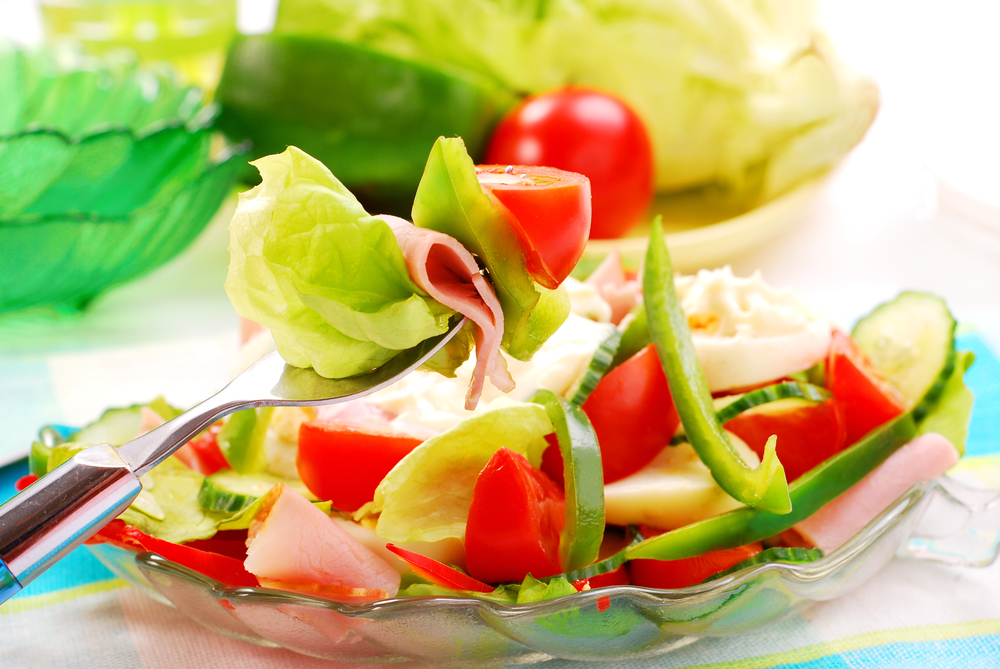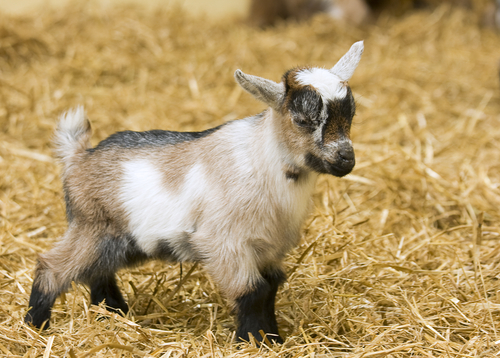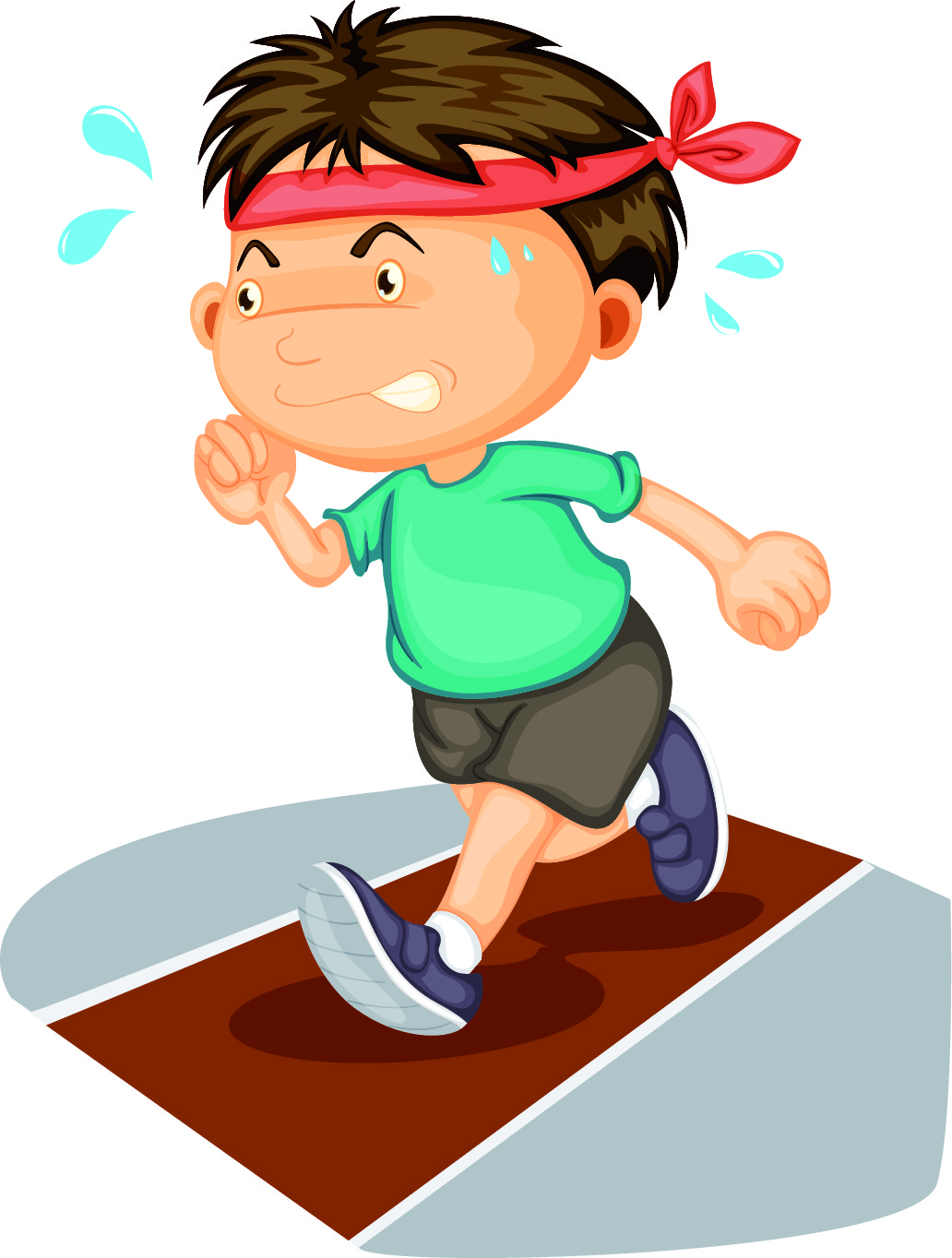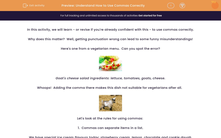In this activity, we will learn - or revise if you're already confident with this - to use commas correctly.
Why does this matter? Well, getting punctuation wrong can lead to some funny misunderstandings!
Here's one from a vegetarian menu. Can you spot the error?

Goat's cheese salad ingredients: lettuce, tomatoes, goats, cheese.
Whoops! Adding the comma there makes this dish not suitable for vegetarians after all.

Let's look at the rules for using commas:
1. Commas can separate items in a list.
We have special ice cream flavours today: strawberry cream, lemon, chocolate and cookie dough.
We don't need a comma after the 'and.'

2. Commas can be used to join compound sentences which use the conjunctions:
For
And
Nor
But
Or
Yet
So
I want to go swimming, but the pool is closed.
I don't have a dog, nor does Sophie.
3. Commas can be used after an adverb at the beginning of a sentence - called a fronted adverbial.
Remember that adverbs describe the verb - they say how something happened.
Quickly, he jogged on the path.
Desperately, he gasped for breath.

Commas can be used in a few other ways but we will cover these in a different activity.
For now, let's have a go at some questions to practise our comma use.








